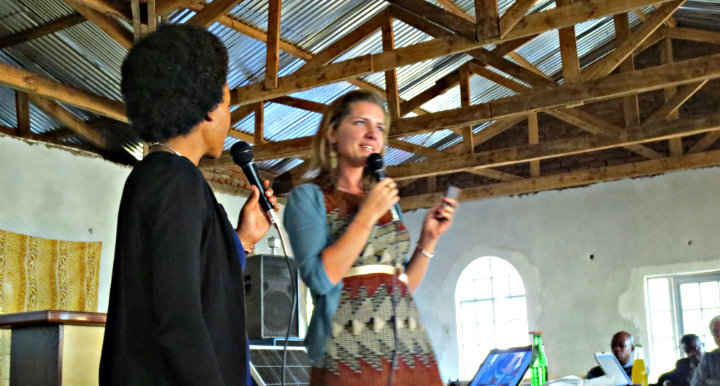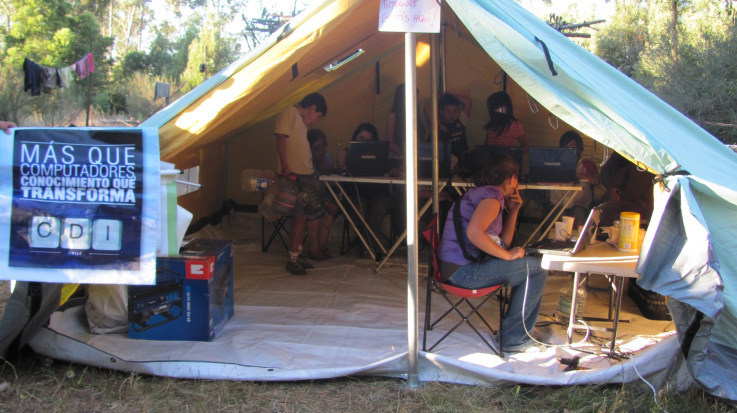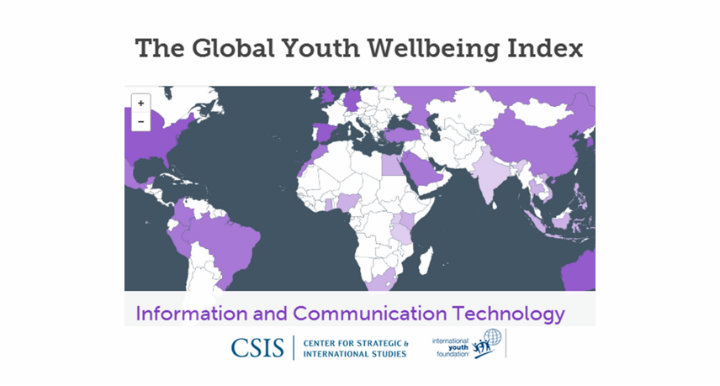Mercy (pictured with Maeghan Ray Orton from Medic Mobile) at UMCom workshop in Malawi
Posted by TechChange alumnus, Neelley Hicks, ICT4D Director of United Methodist Communications.
Mobile phones seem to be everywhere in Africa, and they’re keeping people in touch with health, education, banking, and community empowerment.
“Email and Facebook are problems…but this text messaging – it’s no problem,” says Betty Kazadi Musau who lives in the Democratic Republic of Congo (DRC).
In early August 2013, I spent the week with Mercy Chikhosi Nyirongo, who provides healthcare in communities in Malawi. Recently, she took an online course through TechChange called “Mobile Phones for Public Health.” She wondered what impact mobile phones could have on her health program in Madisi, so she conducted a test.
The problem: HIV+ men were not coming to the support group and health management classes.
The test: Separate into two control groups – one would receive text reminders about the next meeting and the other would not.
The results: Out of the 20 who did not receive text messages, five attended. Out of the 30 who did receive text messages, 25 attended and were standing in queue when she arrived.
One client said, “You reached me where I was.” This isn’t a small thing. Often community health workers walk miles to find someone only to learn they are away. But the mobile phones stay with the person – making them much easier to reach.
Mercy conducted this test directly through her mobile phone and it took her nearly all day. But with FrontlineSMS, she can enter mobile numbers easily for group messaging. She said, “After the online course, the UMCom workshop (in Blantyre), and these conversations, my eyes have become wide open.”
Join us in our next round of Mobiles for International Development and mHealth: Mobiles for Public Health online courses!
To read the original post on Neelley’s blog, “Stories in ICT4D”, please click here.




